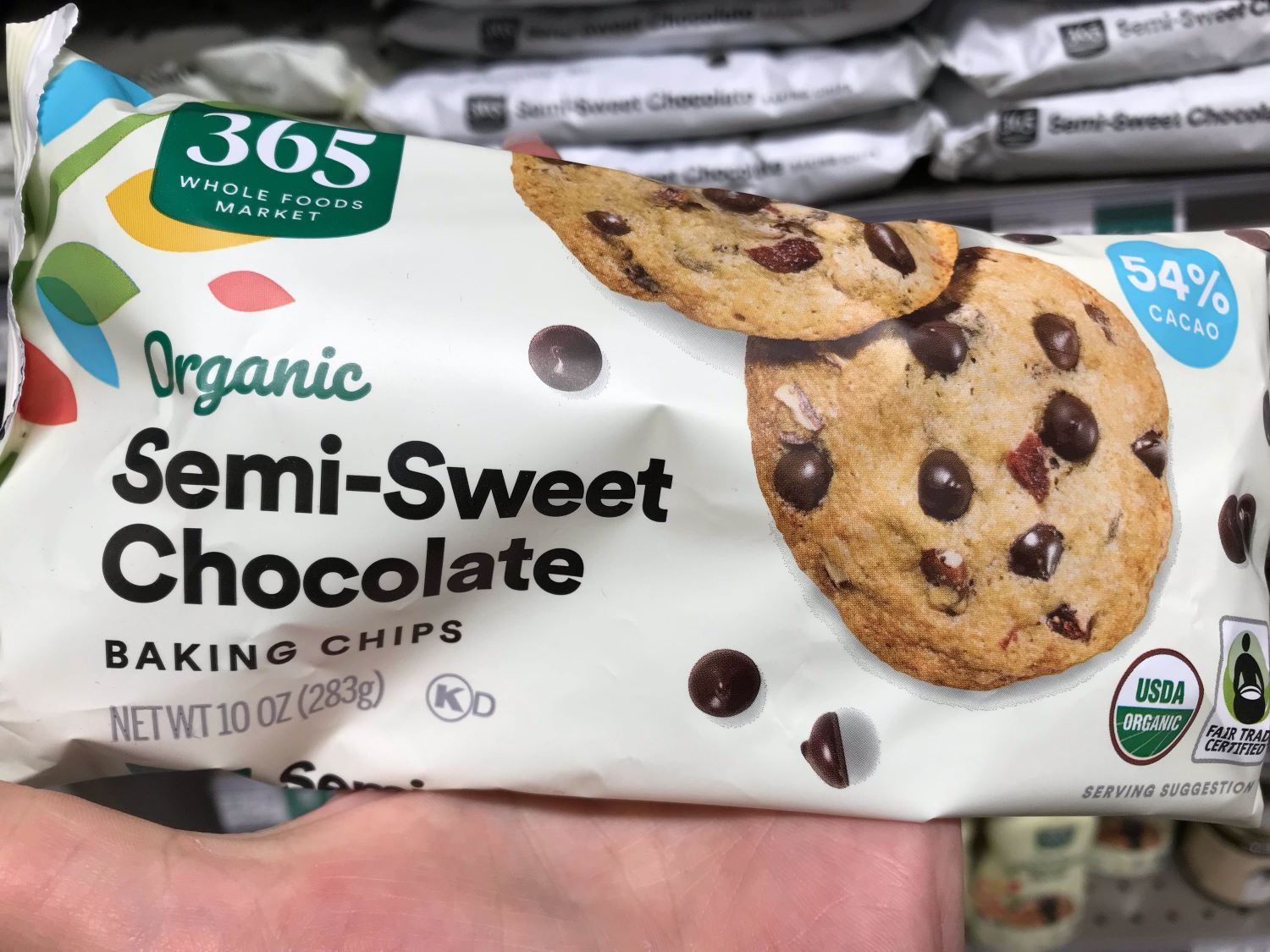
By Etan Mayo, MBA – Private Label Specialist at OK Kosher
If you’re like most CPG brand owners, you are always looking to improve brand image, increase recognition, and bolster sales. And to those to which it’s relevant, private labelling can be a great channel to aid in any of those. In fact, Food Business News reported that “Private label dollar sales across all US retail outlets rose 8.2% to $108 billion during the first half of 2023, ended June 18, according to data from the market researcher Circana, Chicago.”[1]
Brand Awareness with Kosher Certification
An important way to add value to a private label brand is by incorporating certifications. This is particularly easy for private labels when the manufacturing company is already certified. Obtaining the right to display the OK Kosher mark on your private label products is one great place to start.
In light of that, here’s a short and informative primer on obtaining a private label agreement with the OK Kosher Certification showing you just how easy it is to achieve.
Not sure if your brand qualifies for a kosher private label? Check the requirements here.
Benefits of a Private Label Agreement
To start, a private label is a brand owned by a retailer that contracts with a third-party manufacturer to produce product for them. The manufacturer makes the products and the private label company’s branded labels are applied. The formulas for private label products can either be identical to those already in existence with the manufacturer or they can be entirely new. Either way, retailers stand to benefit from a private label arrangement since it can offer significant cost savings and flexibility compared to self-manufacturing. So while many retail brands manufacture their own goods, especially within certain product categories, larger store brands whose products span a variety of categories will opt to private label.
Added Value in a Kosher Certified Private Label Agreement
When it comes to the kosher food industry in general, we are talking about a multi-billion-dollar global market. A market that has grown phenomenally over the past few decades. Experts at top market research firms[2] predict that this upward trend will continue over the next decade or so with a high projected CAGR (Compound Annual Growth Rate). This trajectory is not only reflective of traditional kosher manufacturing sales but includes the burgeoning private label sector as well and securing the right to display the OK symbol on your product gives it access to the ever-growing kosher food industry.
How to Get Kosher Certification for a Private Label Brand
The following 4 steps are all that’s needed to facilitate a successful private label registration:
- Complete the private label application form
- Sign a Private Label Agreement (PLA)
- Pay the private label fees
- Submit product label proofs
Application
Submit an OK Kosher Private Label application form. It provides us with all of the information we need to properly set up and manage your private label account. It asks for basics such as the private label business entity information, manufacturer details, private label brand information, and label proofs.
Find the OK Kosher Private Label application form here.
The application only takes a few minutes to fill out. You’ll generally receive a response from OK Kosher within 24 hours from the time you submit your private label application.
Private Label Agreement (PLA)
After we receive your completed application you’ll receive an email with a Private Label Agreement to sign. This is the 3-way legal agreement between the private label entity, the manufacturer and OK Kosher to allow use of the OK Kosher trademarked logo on your company’s products.
Along with your first invoice, you’ll receive a document summarizing the private label certification process. We’ll need someone representing the private label entity, who has signing authority, to sign the agreement and returns it to us for countersigning.
Fee, Invoice and Payment
You’ll also receive an invoice, for a flat, annual fee. An added perk is that the private label fee is nominal in comparison to a full certification, because the manufacturer producing the product is already certified. You can pay your initial and subsequent annual invoices via bank wire, check, credit card or Zelle.
Label Submission and Approval
Send us PDF or jpeg copies of your label proofs in order to include items on your kosher certificate. We’ll review labels carefully for accuracy in terms of wording and OK Kosher Mark usage and placement. We want to make sure that it’s clear to consumers when they pick up your product that it carries one of the most recognized and respected kosher certifications in the food industry.
Wrap it up
After completing all of the above four steps, we’ll provide your contact person with your company’s kosher certificate and countersigned agreement. At this point, you’ll be ready to market and sell your newly kosher certified products to the kosher consumer. Congratulations and welcome to the OK family!
Have more questions or want more information?
Our dedicated OK Kosher Private Label team is eager to assist you with your private label needs. We’re committed to providing our clients with personalized and stellar service. We look forward to forging a long lasting relationship with your company. Send us any questions you may have at privatelabels@ok.org. We look forward to hearing from you!
[1] https://www.foodbusinessnews.net/articles/24169-private-label-sales-rise-8-in-first-half-of-2023/
[2] https://www.marketwatch.com/press-release/2023-2030-kosher-foods-market-report-cagr-1299-2023-06-16, https://www.futuremarketinsights.com/reports/kosher-foods-market.
The information presented in this blog post is based on research, general knowledge, and/or the author’s understanding of the subject matter. This blog is provided for informational purposes only and should not be relied upon by the reader or considered as professional advice. For specific guidance on any given topic, the reader should consult a qualified professional in the given field. OK KOSHER DISCLAIMS ANY LIABILITY FOR ANY LOSS OR DAMAGES RESULTING FROM RELIANCE ON THE INFORMATION PROVIDED IN THIS ARTICLE.


 EN
EN  ZH
ZH  KR
KR  BR
BR  ES
ES  IN
IN  IL
IL 



